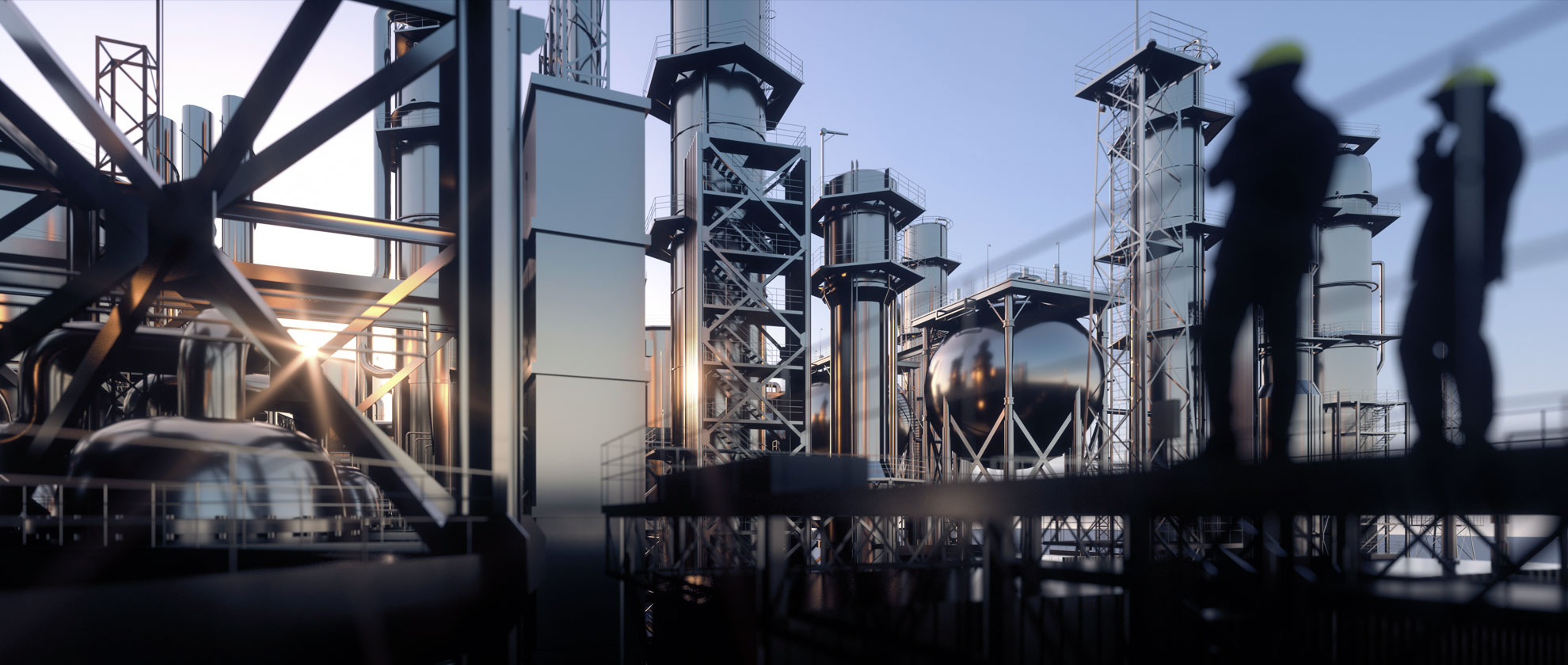Remote access to critical infrastructure systems, such as those in the energy sector, is both a necessity and a significant vulnerability.
With the continued increase of cyber threats against these vital systems, ensuring robust remote access security has never been more crucial. Remote access has become essential for:
- Monitoring and Control: Operators can manage and monitor systems in real-time from any location, ensuring efficient and reliable energy supply.
- Maintenance and Troubleshooting: Remote diagnostics and repairs minimize downtime and reduce the need for on-site visits, which can be time-consuming and costly.
- Efficiency and Innovation: Remote access facilitates the integration of advanced technologies, such as smart grids and IoT devices, enhancing the sector’s overall efficiency and innovation capacity.
- Increased Attack Surface: Remote access expands the number of potential entry points for cyber attackers. Each remote connection, device and user becomes a possible vector for cyber intrusions, making it harder to secure the entire network.
- Complexity of Systems: The energy sector operates a mix of legacy systems and modern technologies, creating a diverse infrastructure that is difficult to protect uniformly. Legacy systems may lack built-in security features and are often more vulnerable to attacks.
- Critical Nature of Operations: Disruptions to energy infrastructure can have severe consequences, from economic losses to threats to public safety. The critical nature of these operations means that even minor security breaches can have far-reaching impacts.
- Insider Threats: Employees, contractors and other insiders with remote access can pose significant risks, whether through malicious intent or unintentional actions. Ensuring that only authorized personnel have access and that their activities are governed by security policy is essential.
- Regulatory Compliance: The energy sector is subject to stringent regulatory requirements and standards aimed at ensuring the security and reliability of its infrastructure. Compliance with these regulations adds another layer of complexity to managing remote access security.
- Use Secure Communication Channels: Ensure all remote access connections are encrypted using secure protocols such as VPNs (Virtual Private Networks) and SSL/TLS (Secure Sockets Layer/Transport Layer Security). This protects data in transit from interception and tampering.
- Ensure an Always-On Connection: Implement solutions that provide a reliable, always-on connection to the corporate network. This guarantees that employees remain securely connected at all times, reducing the risk of interruptions and maintaining productivity.
- Prevent Configuration Tampering: Implement solutions that prevent users from tampering with VPN configurations to ensure that all traffic is securely tunneled through the designated VPN. This helps maintain consistent security policies and reduces the risk of accidental misconfigurations.
- Regularly Update and Patch Systems: Keeping all systems, especially legacy ones, up-to-date with the latest security patches is crucial. Regular updates help protect against known vulnerabilities that could be exploited by attackers.
- Implement Network Segmentation: Divide the network into segments to limit the potential impact of a security breach. This way, even if an attacker gains access to one segment, they cannot easily move laterally across the entire network.
- Continuous Monitoring and Incident Response: Implement robust monitoring tools to detect and respond to suspicious activities in real-time. Having an effective incident response plan ensures that any breaches are quickly identified and mitigated.
- Conduct Regular Security Audits and Training: Regular security audits help identify and address vulnerabilities, ensuring ongoing compliance with regulatory standards. Additionally, training employees and contractors on cybersecurity best practices is vital to reducing the risk of human error.
By adopting a proactive and comprehensive approach to remote access security, the energy sector can ensure the continuity and reliability of its operations while safeguarding against potential attacks.
About Beam®
Beam® is an advanced secure remote access solution designed to provide employees with seamless, secure access to their corporate network from any location. Beam® ensures that all employee network traffic is securely tunneled through a reliable, always-on connection, maintaining robust cybersecurity and operational efficiency. Discover how Beam® can eliminate the guesswork from remote network access for your workforce:



